
Introducing one of the designers showcasing at the 2022 Global Elite Fashion Festival… The fabulous Silky Lane Boutique!



Set in the backdrop of Hyatt Regency, various fashionistas, models, and photographers flocked together to witness an event featuring the 2022 Miss Earth Australia finalists. The event is the brainchild of Miss Earth Australia National Director Julieta De Leon and Managing Director Marc Baylon.
Amongst flashing lights, media coverage, and music was Stargazer Production and the Miss Earth Australia Organization right in the middle of it all. It was a great night filled with world-class fashion and entertainment as they celebrated their love and commitment to Mother Earth.
The 2022 Miss Earth Australia 2022 Grand Launch and Fashion Show featured some of the most incredibly talented Sydney designers, such as Tommy Ge of Leatheron, Faten Lawn, Lily African Wares, Alies Bol, and Armando Crisostomo.
Check out some of the photos below from the fashion show courtesy of George Azmy:
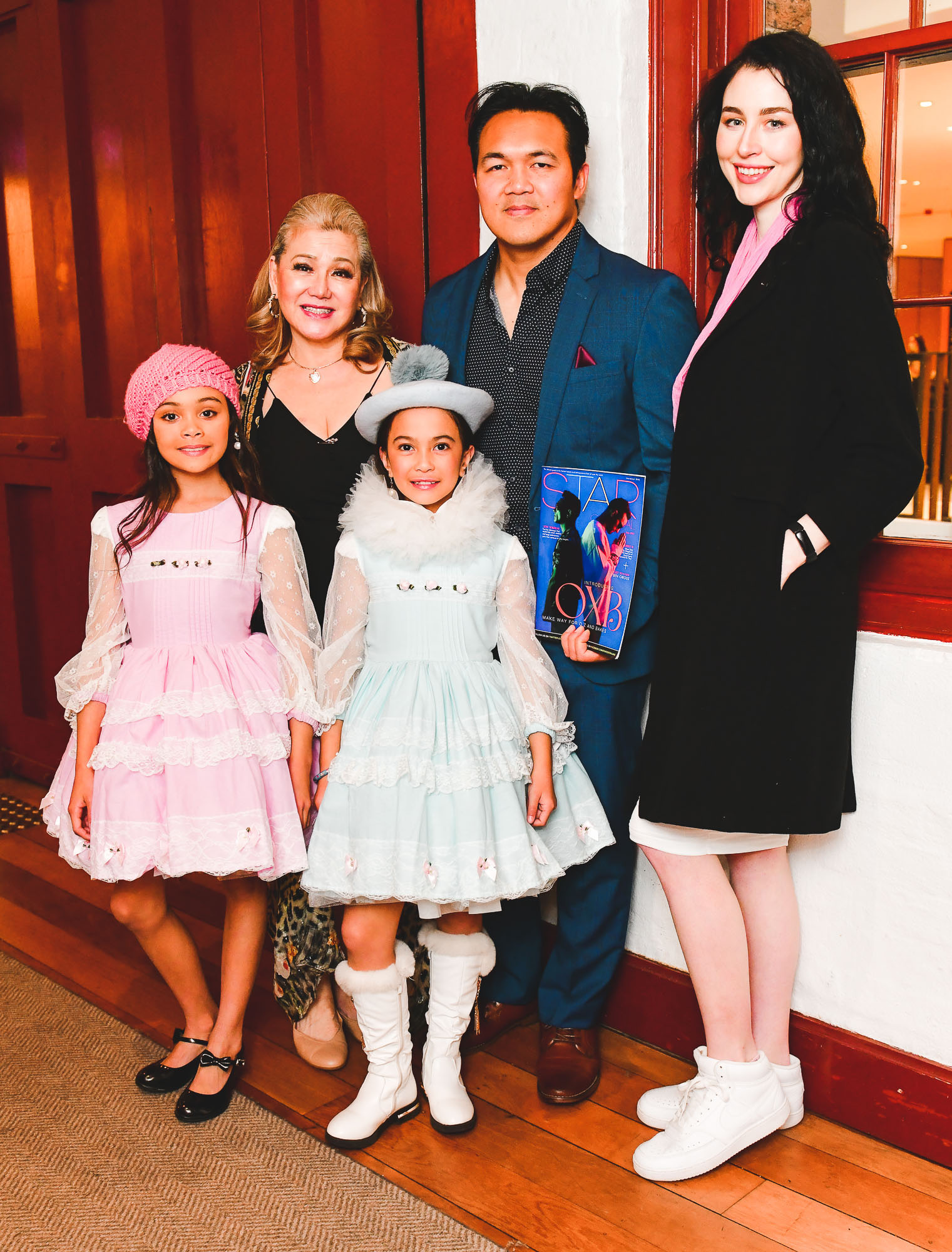



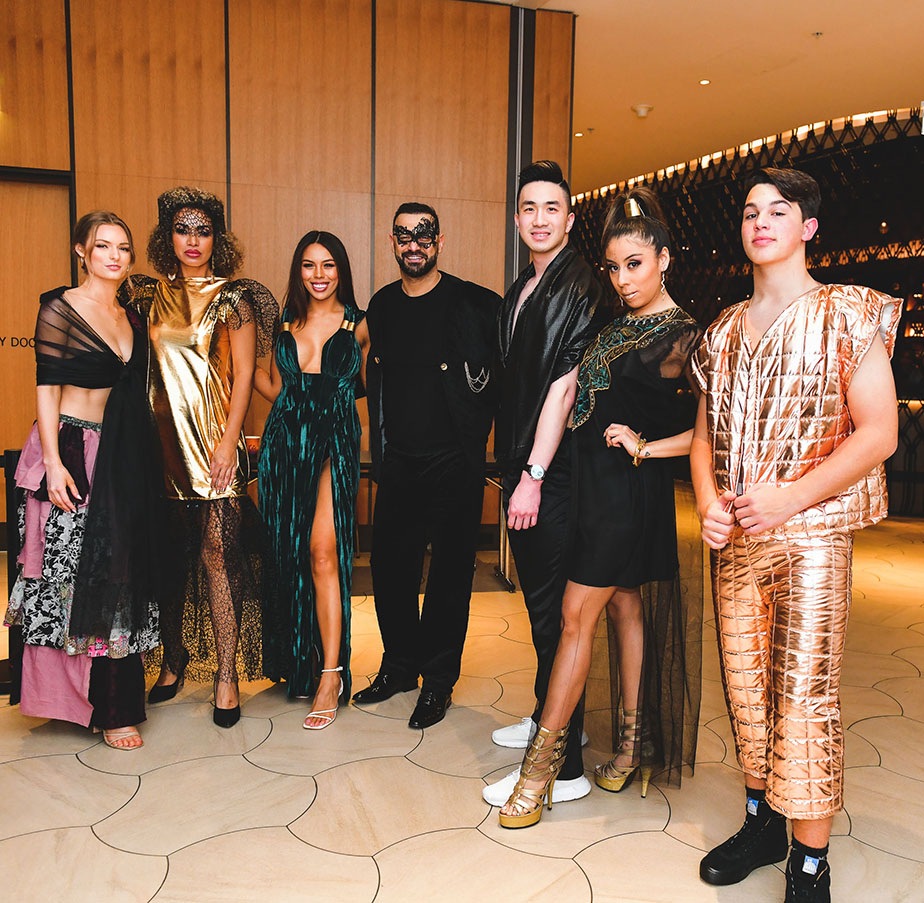

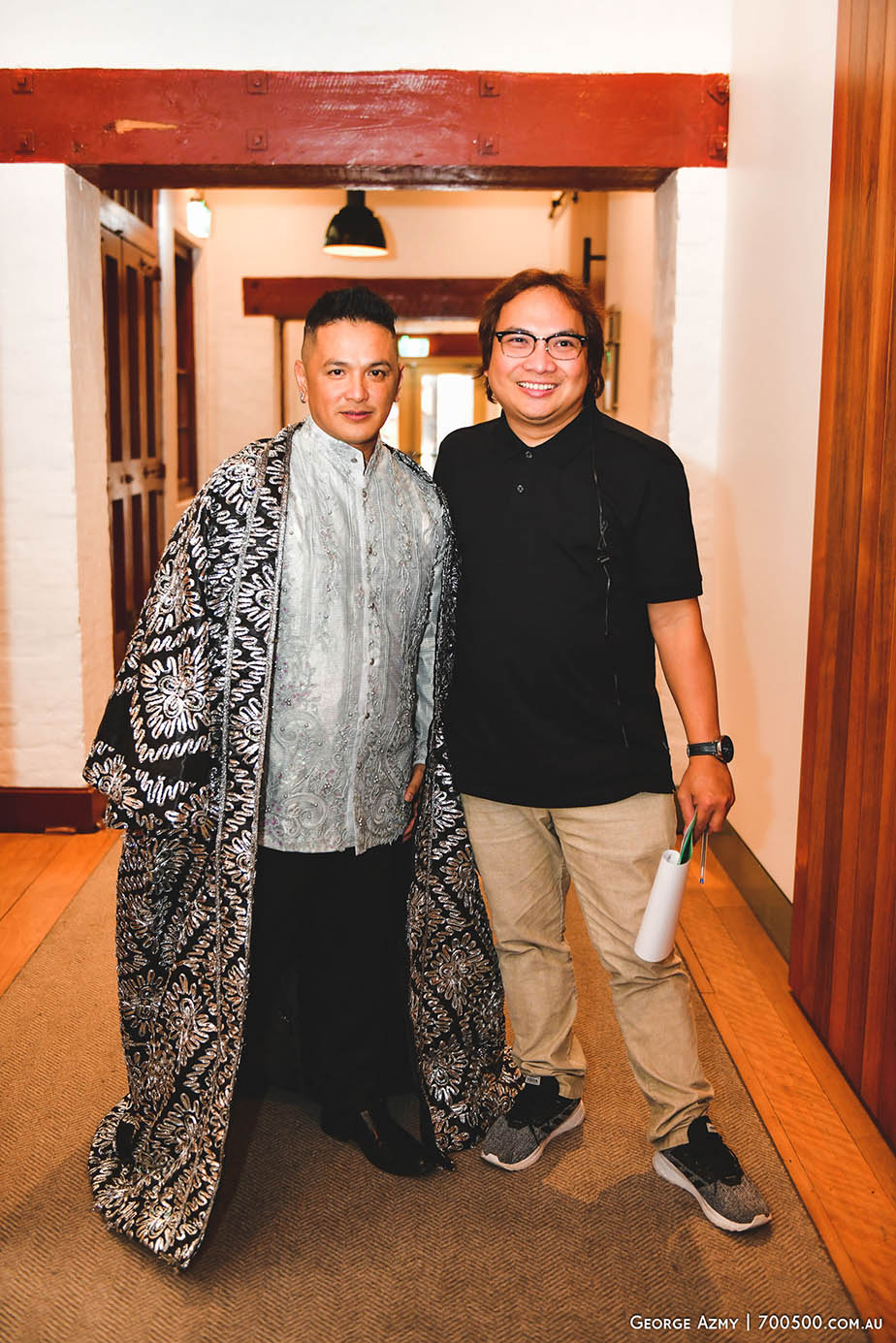

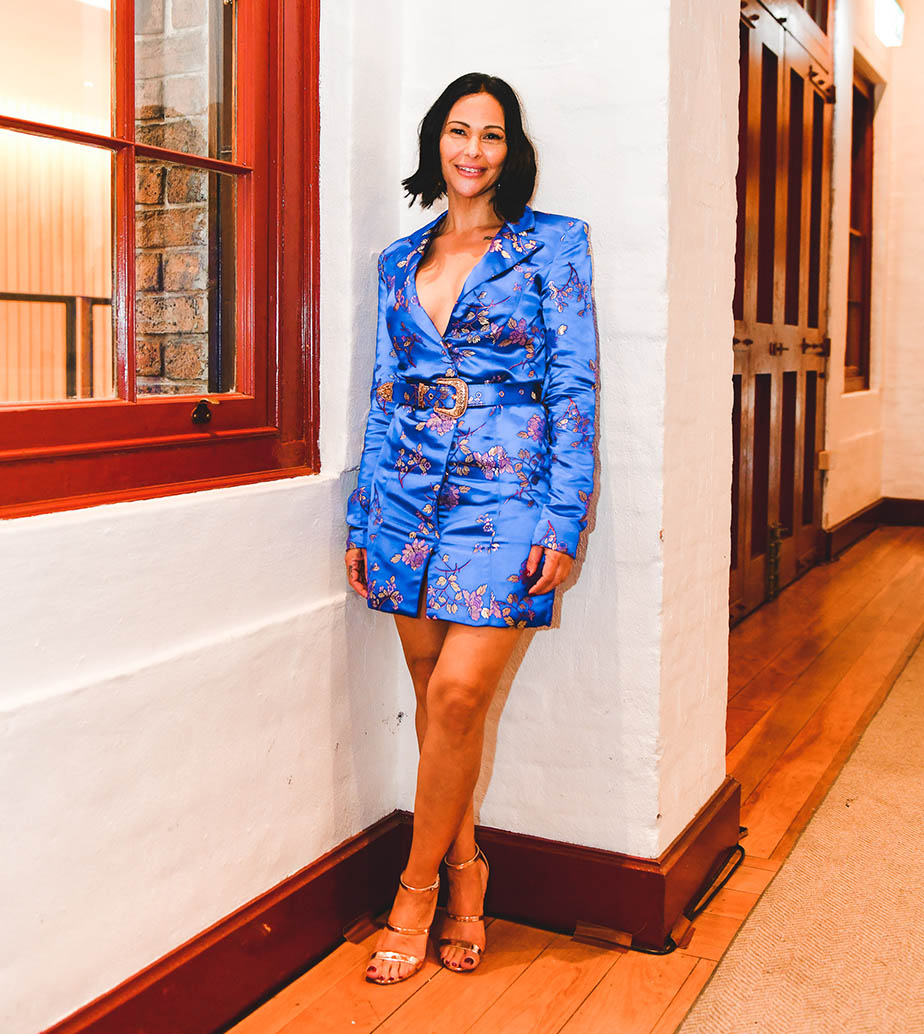

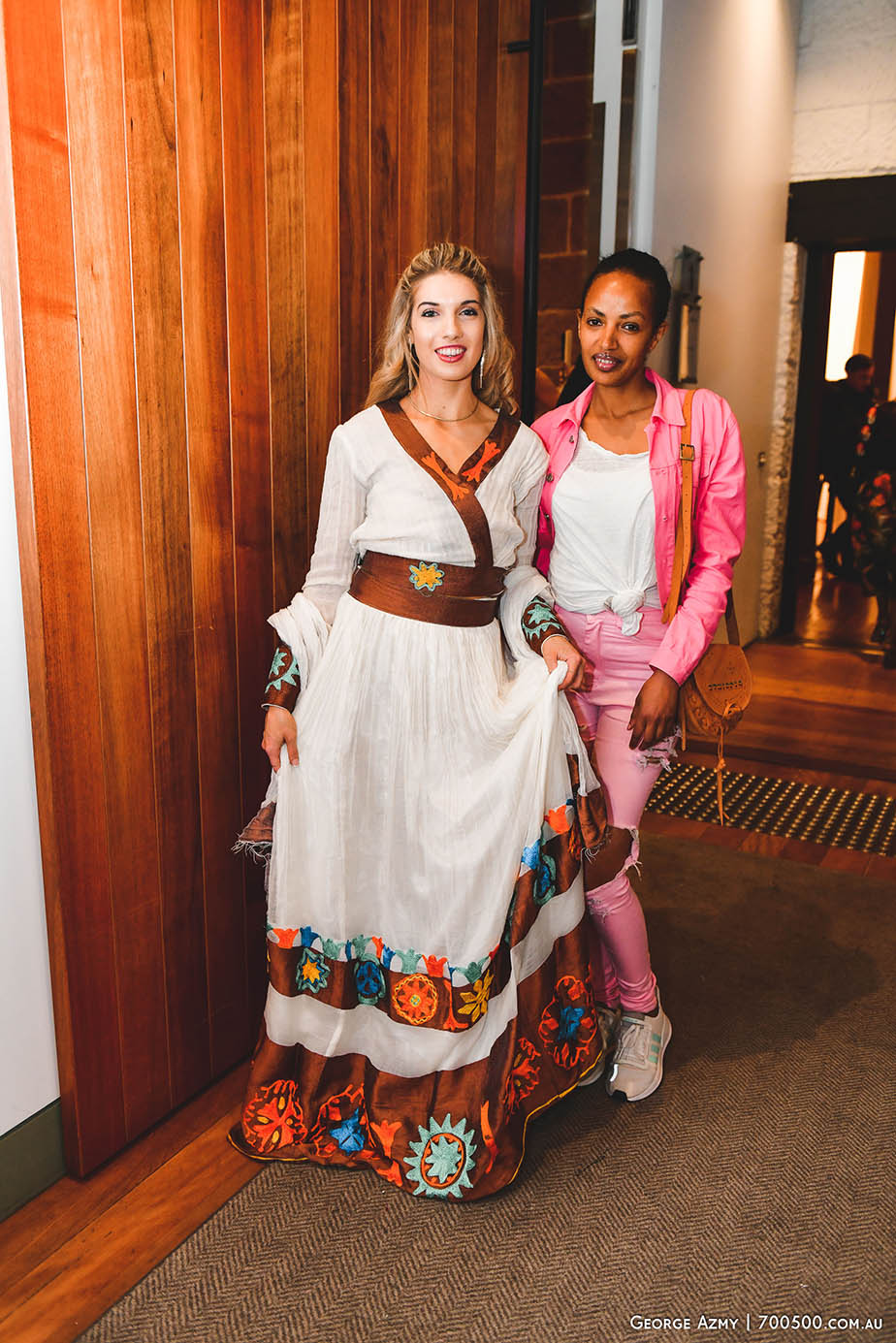
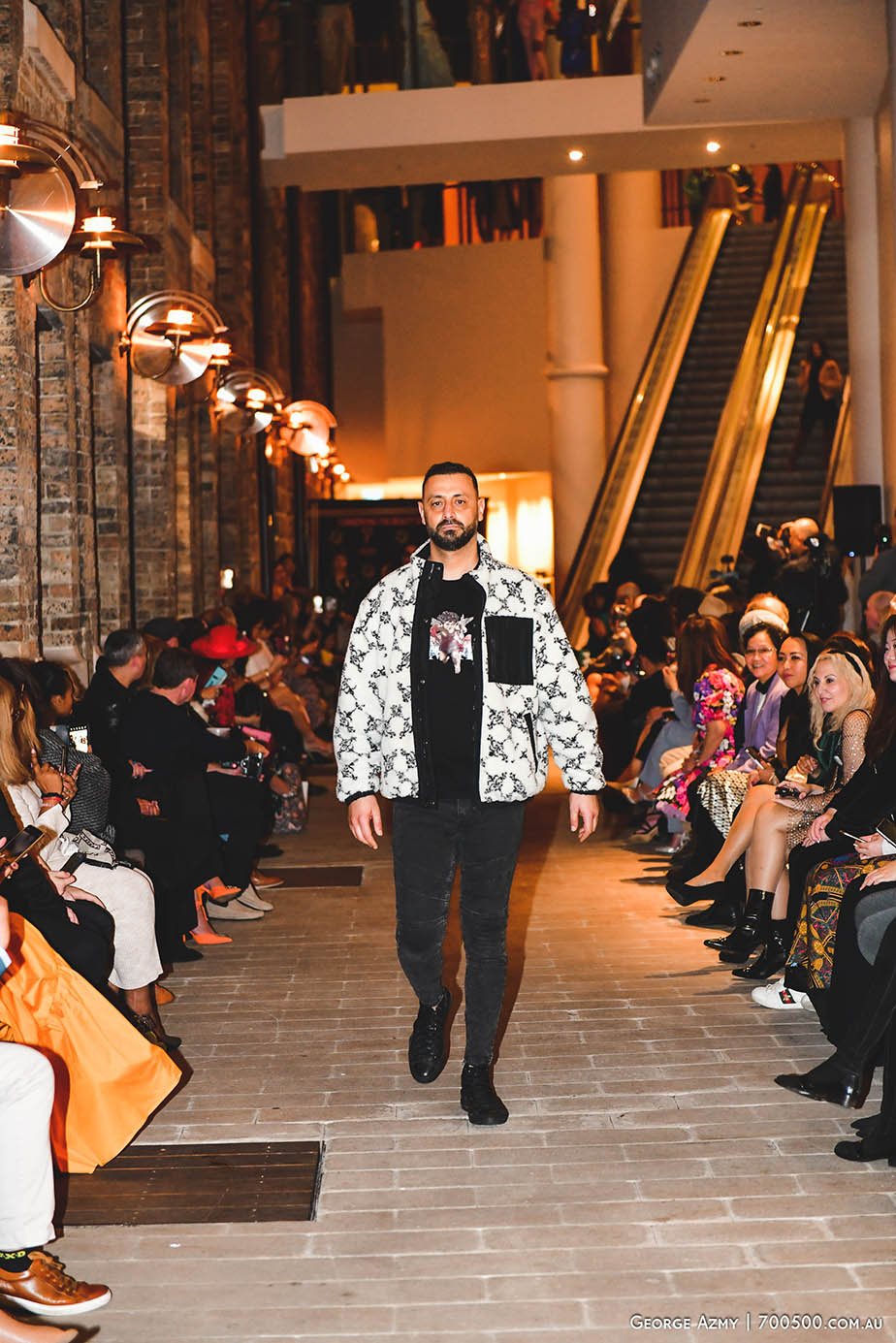




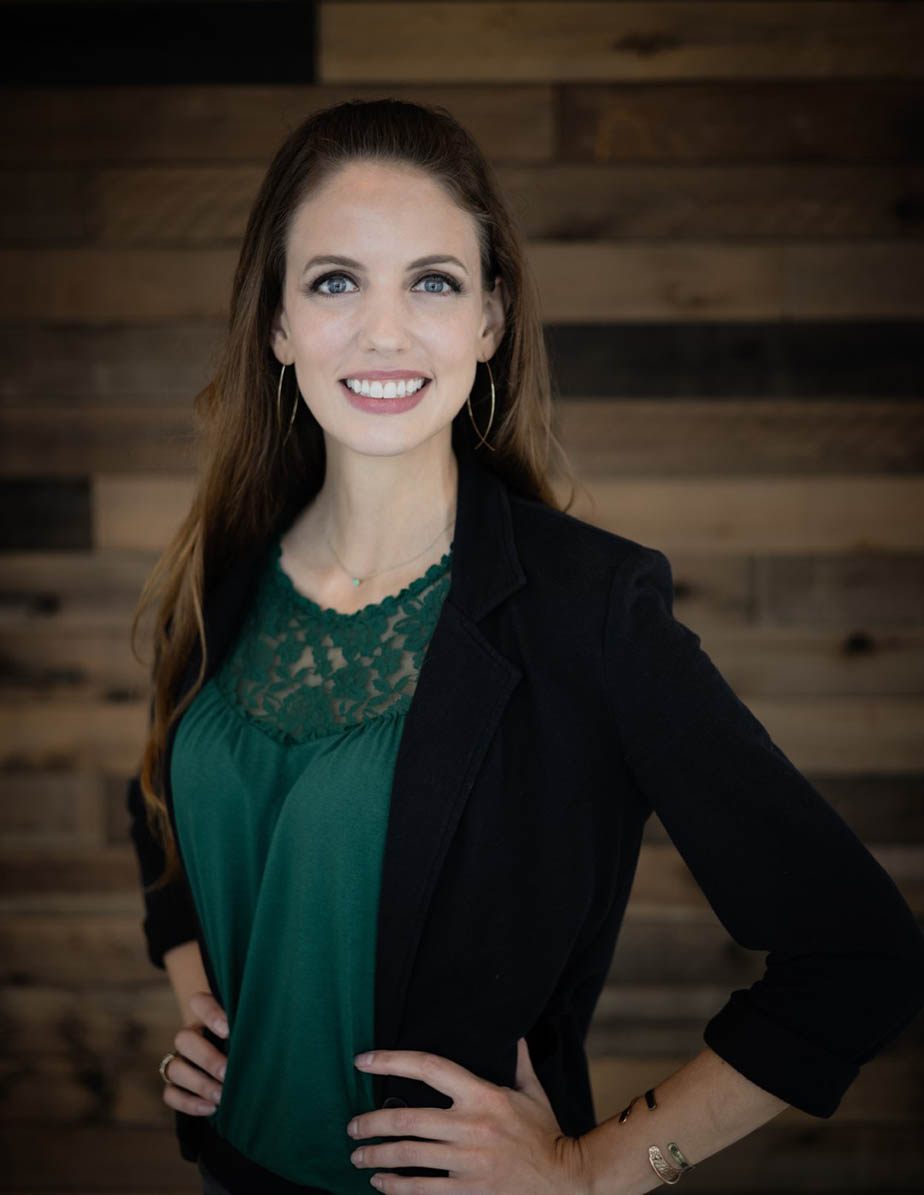
As co-founder and CEO of SnapADU, an accessory dwelling unit (ADU or “granny flat”) construction company serving San Diego, Whitney Hill is part of a broader shift in how the state thinks about housing. Whitney and her partner Mike Moore, an experienced general contractor, have grown the business to $15M during the pandemic, embracing technology to make it faster and more efficient to design and build an ADU. Her company starts by assessing ADU feasibility – for free – to get homeowners answers they need to design and build an ADU within their budget constraints.
In 2020-21, Snap ADU improved transparency in the market by publishing ADU plans and build prices online, along with the fully-loaded cost to build an ADU, including plans, permitting, site work, vertical construction, and any additional work like required solar power and utility upgrades. Whitney’s team also regularly produces informative free content on the ins and outs of building an ADU in San Diego, including what to watch out for to avoid unexpected delays and cost overruns.
Given the rapidly changing dynamics in the construction industry due to supply chain and labor constraints, pricing in the past year has been highly unpredictable. Snap ADU provides a guaranteed price maximum for construction once plan revisions are completed with the city, allowing homeowners to plan confidently.
In 2020-21, Whitney and SnapADU were recognized nationally as avid adopters of technology, including industry-leading project management software enabling homeowners to view details of their project schedule and financials and make approvals on materials and overall budget. Whitney has been featured on numerous podcasts about construction technology and small business leadership.
In addition to being a woman-owned business, more than 40% of Snap ADU employees are women or of minority status; the number exceeds 65% when accounting for independent contractors that work for Snap ADU.
Global Elite Media Group recently caught up with Whitney to discuss her journey as an entrepreneur, and here’s what went down:
Could you please tell our readers a brief background about yourself and how you started your business?
I’m the co-founder and CEO of SnapADU, an accessory dwelling unit (ADU, guest house, granny flat, casita) construction company serving San Diego. SnapADU has become the leading builder of ADUs in San Diego as part of a broader shift in how California thinks about generating affordable housing. Our company designs, permits, and builds 50 ADUs annually and has $15M in revenue.
Before getting involved in residential real estate, I gained strategic & tactical experience as a management consultant for Bain & Company and an operations manager for an industrial supply distributor.
In early 2020, I learned about accessory dwelling units (ADUs), which are small homes of 400–1200 sqft on residential lots with an existing primary residence. Regulation changes made it far easier to build ADUs on most residential lots. I was excited about the concept of more efficient housing as an option for intergenerational living or generating rental income.
Within a month or two of researching ADUs and thinking about how to make an entrance into construction in San Diego, I was working in a coffee shop. I overheard a conversation between two people who were clearly in development. One of them later introduced me to his good friend Mike Moore, co-founder of SnapADU.
We joined forces to focus on getting extremely good at meeting the increasing demand for well-designed and value-oriented ADUs in Greater San Diego. Mike has spent his life in construction, working for both larger commercial and small custom home builders before starting his own business. His experience in small business ownership and construction meshed perfectly with my skills, and together we set out to make a difference in the San Diego ADU market.
What are you currently doing to maintain/grow your business?
We have been painstakingly combing through each step of our business to ensure we have sufficiently defined operating procedures and enacted automation wherever possible. This attention to detail is helping us maintain margins by keeping our costs down. It’s also ensuring that our clients get a consistent and high-quality experience in industry – residential infill construction – that is historically hit or miss in customer service. We’re also working on establishing concrete points for soliciting feedback from our clients to ensure we are keeping up with evolving needs, while also sharing that valuable specific feedback with team members.
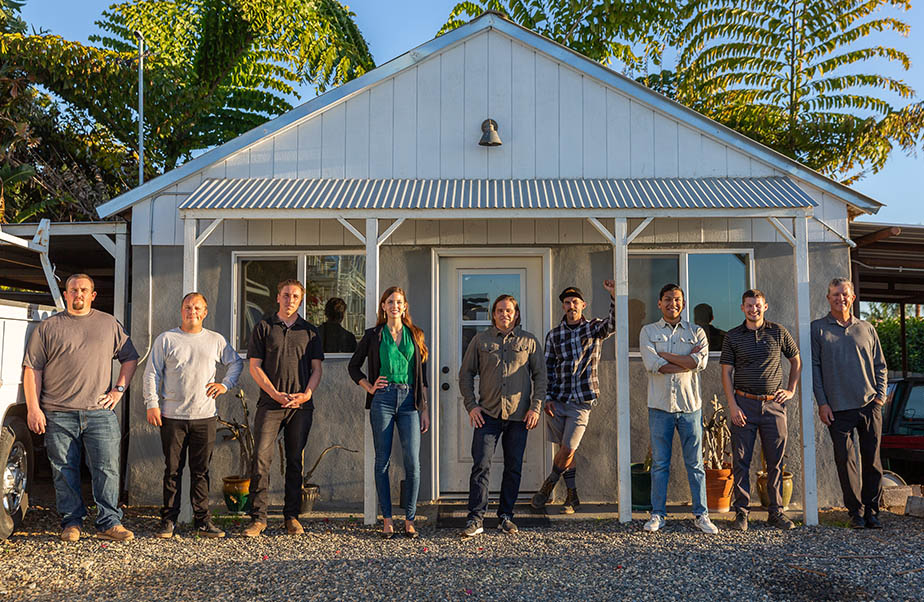
Another priority for us is continuing to publish high-quality information about our niche of accessory dwelling units in San Diego. Building this kind of content strengthens our web presence, which helps generate organic leads. Additionally, we gain trust with potential clients by providing a high level of transparency about information like cost and process.
Lastly, we are laying the foundation for future growth by ensuring our systems and technology can support our business as we scale. We are investing in new visualization software to help clients make more informed decisions about their build while streamlining the customer journey.
What form of marketing has worked well for your business throughout the years?
Our strongest form of marketing is ranking highly on SEO to generate organic leads; 70% of our business comes from people finding us on Google searches. We reach this level of success by generating regular content on our topic of expertise, then ensuring those articles are optimized for SEO – at least 1000 words, targeted keywords, and backlinks whenever we can generate them.
We also receive about 20% of our business through job site signs. This is, of course, geographically targeted, which is important to us, particularly in the same neighborhood, since HOAs and other factors can limit the buildability of lots.
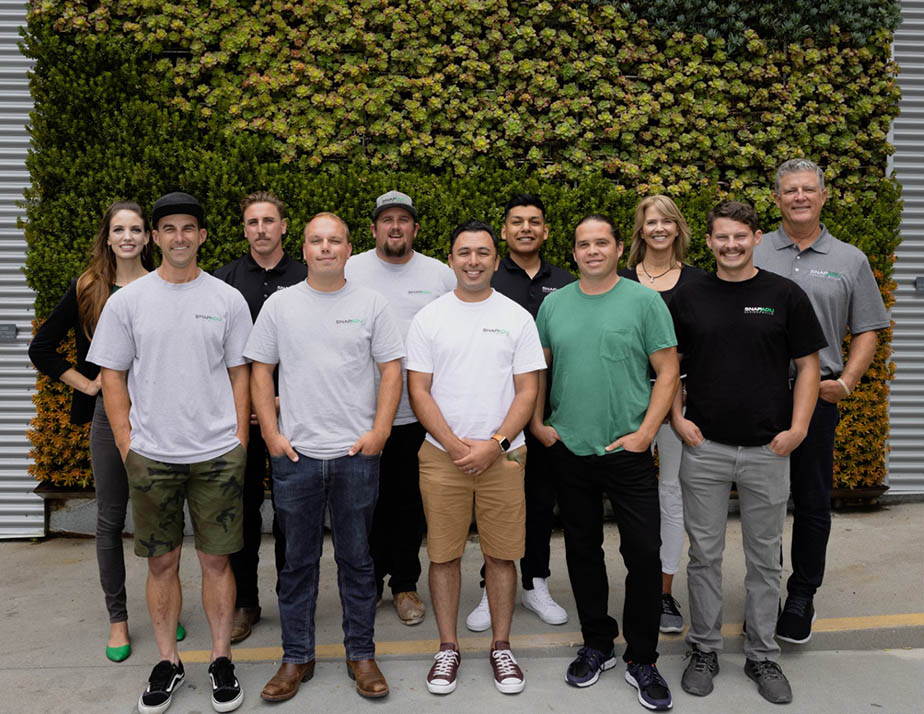
What social media platforms do you usually use to increase your brand’s awareness?
We post 3-5 times a week on Instagram and Facebook and at least weekly on LinkedIn. We also post on local forums via Patch and Next Door. We generate our content for the month for Instagram, then decide which additional platforms should also have that information published.
On Instagram, we have been pushing to create more Reels, which are shown to an audience outside of followers. We typically reach 3X the views we can with a regular post. In our industry, there are not yet many other players focused on “edutainment,” so we are exploring that avenue.
What is the toughest decision you had to make in the last few months?
The toughest decision we’ve had to make in the past few months is when to begin reorganizing our sales and pre-construction process. For us, this is a large investment of both money and team resources, as we have to staff these initiatives appropriately while also not letting our operational goals slip.
So deciding when to pull the trigger is difficult; we know we need to undertake the change, but we are running at top speed to keep up with our growth as it is. It’s tough ever to feel fully ready for a large undertaking like that, even though it is a necessary step and a good decision to support future growth.
How has your business been affected by the COVID-19 pandemic?
The demand for our product has gone up. Especially in light of COVID, families are looking for new living options that keep loved ones closer to home. ADUs offer families flexibility since ADUs are versatile and meet the demands of evolving intergenerational lifestyles.
How have you adapted your business operations in response to COVID-19 and its associated impacts?
COVID has opened opportunities for working smarter. Our business was created entirely during the pandemic. For us, it was a unique opportunity to take advantage of tools to help assess properties remotely. Traditionally, contractors would make site visits early on. We use satellite imagery, zoning, and parcel information to learn what is buildable on the lot. Since COVID, people are much more willing to work remotely, and we’ve learned that we can push industry norms in this new environment.
Additionally, all our team – except for field crews – works remotely. We no longer have an office, but you can find many of us connected via Zoom throughout the day. We’ve embraced technology that makes it possible to work from anywhere, even in the historically site-based construction world.
What are some of the most important lessons you learned from this pandemic?
The biggest challenge has been handling escalating material and labor prices. We don’t want our clients to feel like we are doing a ‘bait and switch’ with them, but unfortunately, long project timelines mean that pricing can move quite a bit from when they sign a proposal to when we start building. We try to mitigate volatile pricing by having several checkpoints on price along the way to keep them informed and to ensure the reasons for any increases are transparent.
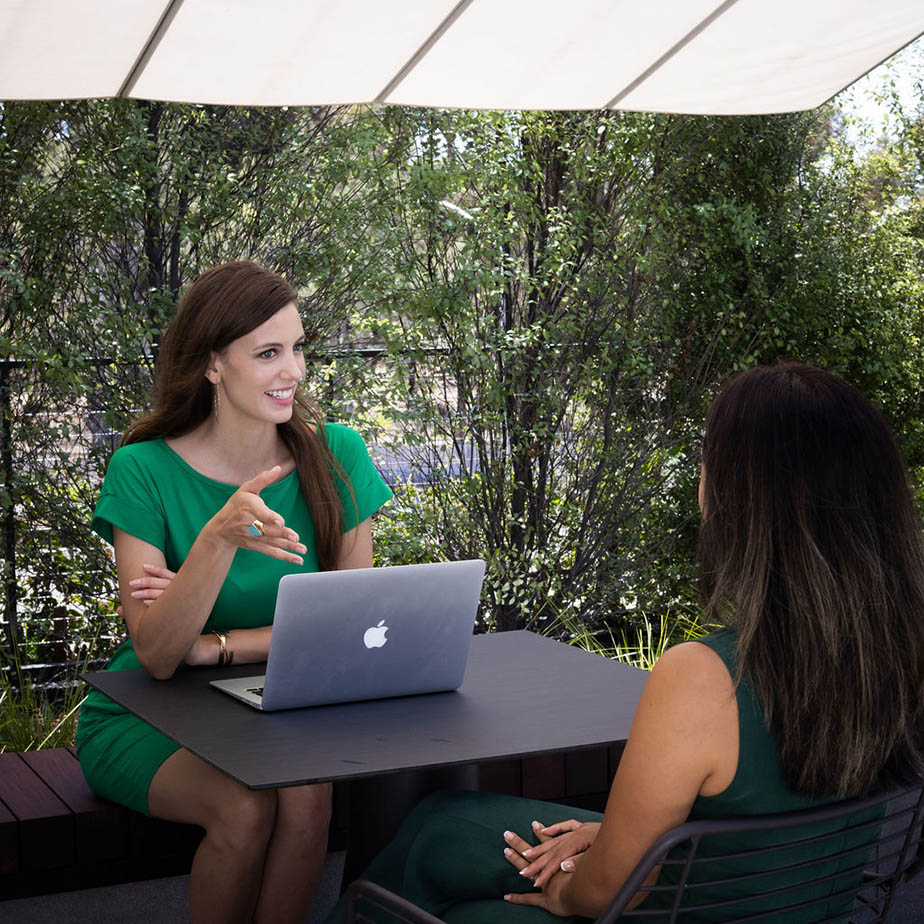
What do you hope to see happen in the near future for small businesses all over the world?
I hope to see more strategic partnerships that enable people to do what they are best at.
Many small business owners started out in their industry because they loved the hands-on part of the job. By the time they are running a small business, most of their day to day is filled with tasks that don’t excite them: administrative minutiae, worrying about how to get more people in the door, trying desperately to make margins.
Meanwhile, a host of other people out there went to school for business administration and LOVE that part of small business… yet they are busy looking around for that “perfect” new idea. Innovation doesn’t have to be flashy or new or exciting. It can be just as impactful to run an extremely efficient operation and focus on an underserved niche.
Partnering with someone with a complementary set of skills can help you bring a business to the next level at multiple of the speed you could have done alone. And it feels like such a life hack to focus on the exciting parts, while your partner focuses on the parts that they love (but you really despise).
What advice would you give to a newbie Entrepreneur setting up a new business in this pandemic?
Focus on your niche. Get extremely good at serving your ideal client. Turn people away if you must, which feels scary at first. Serving a smaller group of people well will lead to better reviews and referrals while also allowing you to really dig in and understand that group and provide value to them. All of this has the effect of building a strong core business from which you can grow.
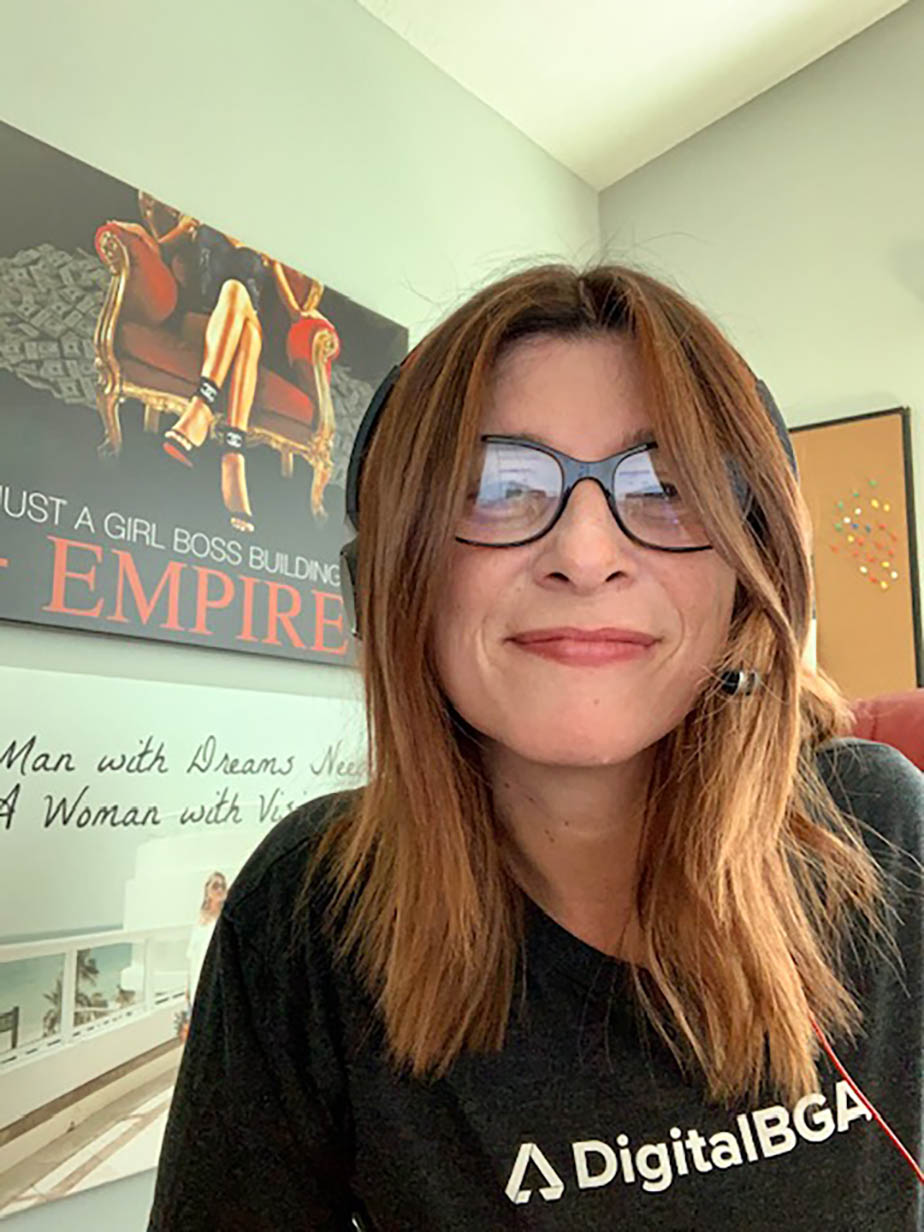
Lisamarie Monaco is a National Independent Life Insurance Agent. She’s a successful entrepreneur who started with very little. She currently co-owns her business (Insuranceforburial.com) – and is a “Family Protector.”
Monaco helps seniors daily, and she ensures their loved ones are protected from financial burdens when they pass away, ensuring they receive a lump sum check at the most difficult times in their lives. Global Elite Media Group recently caught up with Monaco to discuss her journey as an entrepreneur, and here’s what went down:
Could you please tell our readers a brief background about yourself and how you started your business?
A little about me and my background: I grew up on Long Island, New York. I worked at a Level One Trauma Center for 18 years. I have raised four children. I lived through a divorce and was unsure where life would bring me. I knew I needed to make some decisions and decided to take a leap of faith. I moved to Florida a few years ago and married my now husband, Danny Ray. We founded our company together. Although he has been in this industry for over 27 years, I have not. I was starting my life over and knew I wanted to do something meaningful and decided I wanted to help our seniors protect their loved ones from financial burdens when they pass away. That is when I became “The Family Protector.” Insuranceforburial.com was born shortly after.
What are you currently doing to maintain/grow your business?
I am currently working on preparing for Medicare open enrollment to ensure our clients have everything they need in coverage and to be certain they are in the right plan and not overpaying by even a penny. We also want to ensure they do not have any gaps in their coverage.
What form of marketing has worked well for your business throughout the years?
Search Engine Marketing and Social Media Marketing. These are great ways of building our business through the years.
What social media platforms do you usually use to increase your brand’s awareness?
The social media platforms we use the most are Facebook and Instagram. Everyone today is on Social Media. People use Facebook probably the most and not only socialize, but shop and have found us via Facebook and have reached out to us to help them obtain life insurance.
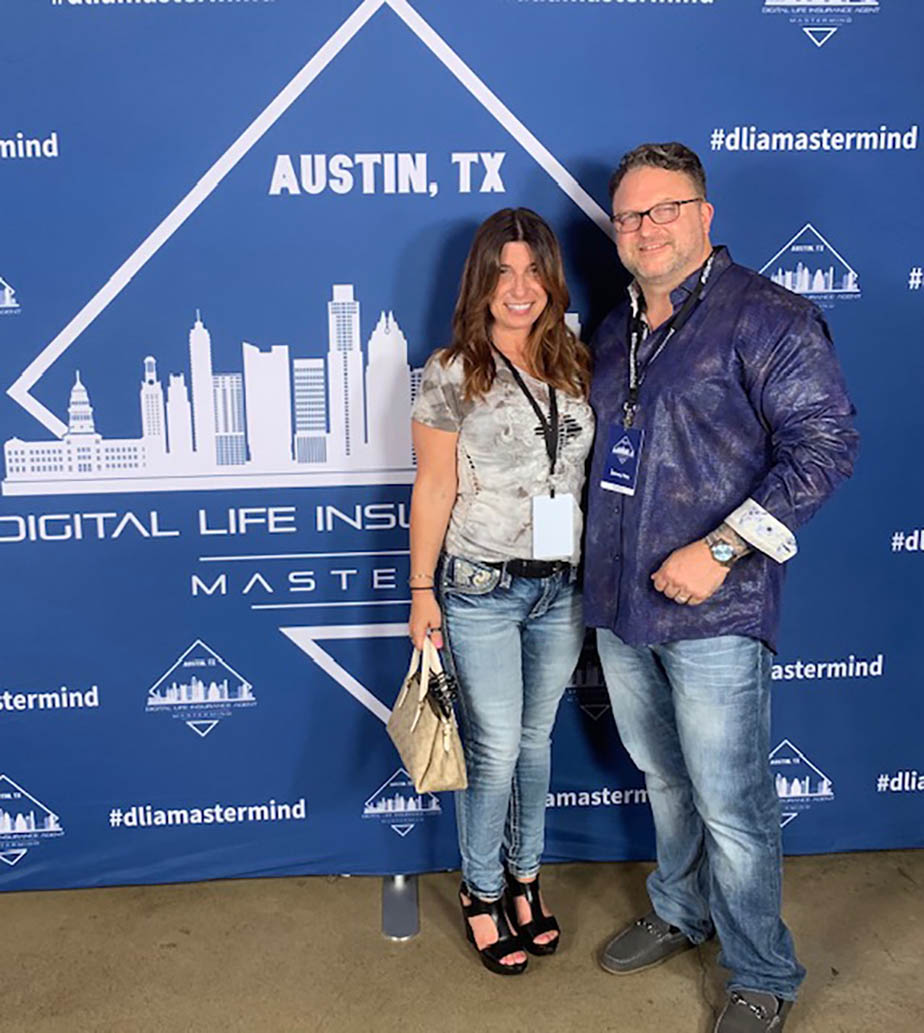
What is the toughest decision you had to make in the last few months?
The toughest decision in the last few months has been implementing more automation in our business. We have hired people to be administration assistants, but we have not had luck finding the right fit. I have decided we will utilize automation as much as possible, and in addition, I take on Administrative roles two days a week to keep up with the daily routine.
How has your business been affected by the COVID-19 pandemic?
Since the Covid-19 pandemic, the business has increased even more than ever. We are a National Telesales Agency, licensed in every state, and have clients in every state. Since the beginning of the pandemic, more people have appreciated the ease and simplicity of the online application process and voice signature application process for their life insurance needs. Our seniors can get an active policy from start to finish in 20 minutes and never have to leave their homes or have anyone come into their homes. They are safe and have their family protected by the end of that call with an approved policy!
How have you adapted your business operations in response to COVID-19 and its associated impacts?
Since Covid-19 we have adapted by keeping distance and working from our home offices. We have a few in-house agents and several remote agents that have been wonderful throughout the pandemic.
What have been some of the most important lessons you have learned because of this pandemic?
Some of the most important lessons I have learned since the pandemic is to appreciate our current clients, our clients to be, and to appreciate the business we are in. I find it an honor and a privilege to do what I do, especially with such uncertainty over the last two years. Knowing I have helped so many of our seniors get through this and help them reach their goals of final expense insurance and protect their loved ones leaving a legacy for their children and grandchildren. It is a tremendous honor on every level.s
What do you hope to see happen in the near future for small businesses all over the world?
I hope to see small businesses continue to grow by leaps and bounds in the near future all over the world. I hope for this because small businesses are people’s dreams, their creativity, desire, grit, and passion for what they do. Seeing that come to life is a beautiful thing.
What advice would you give to a newbie Entrepreneur setting up a new business in this pandemic?
Don’t overthink anything. Write out your goals. Set up a plan. Create a vision board of everything you want to achieve and take that leap. You will have sleepless nights; you will have feelings of failure at times or make mistakes; takes those as your stepping stones to greatness, and never give up. Take it from this small-town Long Island girl who started out with $58.00 in my checking account and eating Triscuit crackers. I am an example of anything, and everything is possible. Take your leap!
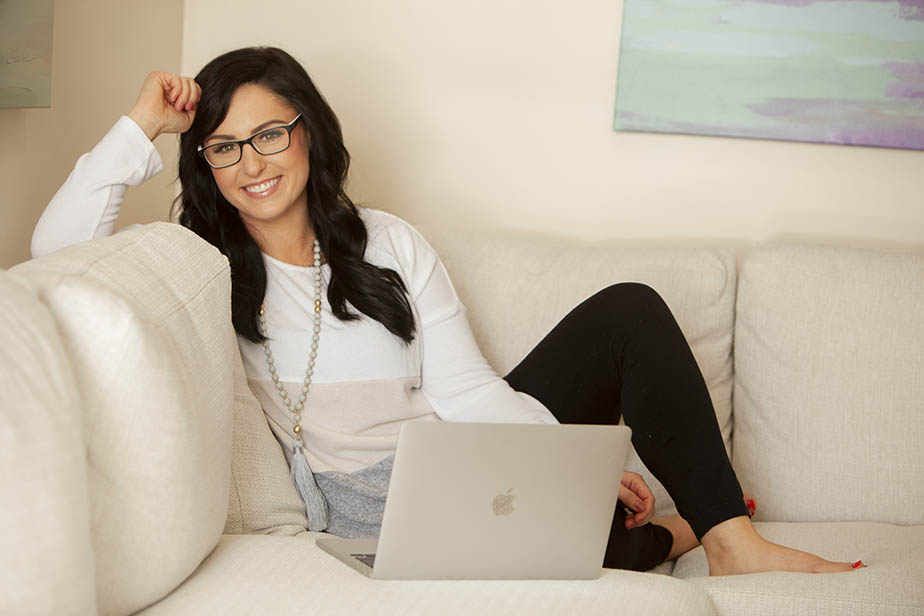
Courtney B. Riley is the CEO and visionary behind Proximo Marketing Strategies, an international marketing firm based out of Hampton Roads, Virginia.
Driven by passion and a calling to serve, Courtney leverages her talent for innovative thinking with a genuine enthusiasm for seeing others succeed, to help her clients find and pursue their true purpose while also providing them with the necessary tools to successfully position their brands in the marketplace. She is an active and appreciated member of her community, serving as adjunct faculty at local colleges, educating students on best practices for marketing in the 21st century, and serving on the board of several non-profit organizations. A published author and recent recipient of the 40 Under 40 and Woman of Excellence award, Courtney Riley has been called “One to watch in the marketing world,” by Authority Magazine.
With a decade of success behind her, Courtney now focuses her efforts on helping other entrepreneurs, CEOs and visionaries employ the principles of the Love-Centric Business Model to not only achieve success and fulfillment for themselves, their employees, and their customers but to do it all on their own terms.
Of course, more important than any professional accomplishments are the blessings Courtney counts in her personal life – her husband, Matt, teenage son, Dominic, and toddler, Bella. Yes. You read that right – a teenager and a toddler! Needless to say, Courtney knows a thing or two about chaos and overwhelm and practices what she preaches not only on the job but also at home, recognizing that living a life of love has also meant loving herself enough to prioritize self-care. When she’s not helping entrepreneurs thrive and build love-centric businesses, Courtney can be found soaking up family time and sunshine in the backyard, relaxing with yoga or enjoying a quiet moment with God’s word.
Global Elite Media Group recently caught up with Gila to discuss her journey as an entrepreneur, and here’s what went down:
What are you currently doing to maintain/grow your business?
Nurturing relationships. Right now, as the world struggles to navigate a staffing crisis and heavy turnover, I’m investing time and energy into nurturing the relationships I have with my team and encouraging them to do the same with one another. Loving people that love our clients have a beautiful trickle-down effect! I’m also keeping the relationships we have with our current clients at the forefront of all we do, continuing to cultivate those relationships, and exploring how we can add even more value. 90% of our new business comes from happy clients that see what we can do, and share the impact with other business owners and leaders that they know. The best part about that? We get more clients like the ones we have (and love!). It’s a win-win!
What form of marketing has worked well for your business throughout the years?
Honestly, it’s pretty ironic, but I’ll always be a grassroots girl at heart. Cultivating relationships that already exist, and investing time and attention to those around me, has had the greatest ROI. I genuinely want the people around me to succeed, and I believe they feel that. Naturally, when people they know need to experience that same love and support, I’m the person they refer.
What social media platforms do you usually use to increase your brand’s awareness?
Facebook, Instagram, and (recently) TikTok.
What is the toughest decision you had to make in the last few months?
Declining work. Good work, with good prospects, We are BUSY. And if that busyness gets in the way of us delivering what a new client deserves, I refuse to take them on. It’s tough when you support a team financially, and even tougher when the prospect is someone that you’d genuinely WANT to work with. But no amount of money is worth your integrity (or quality of service) taking a back seat.
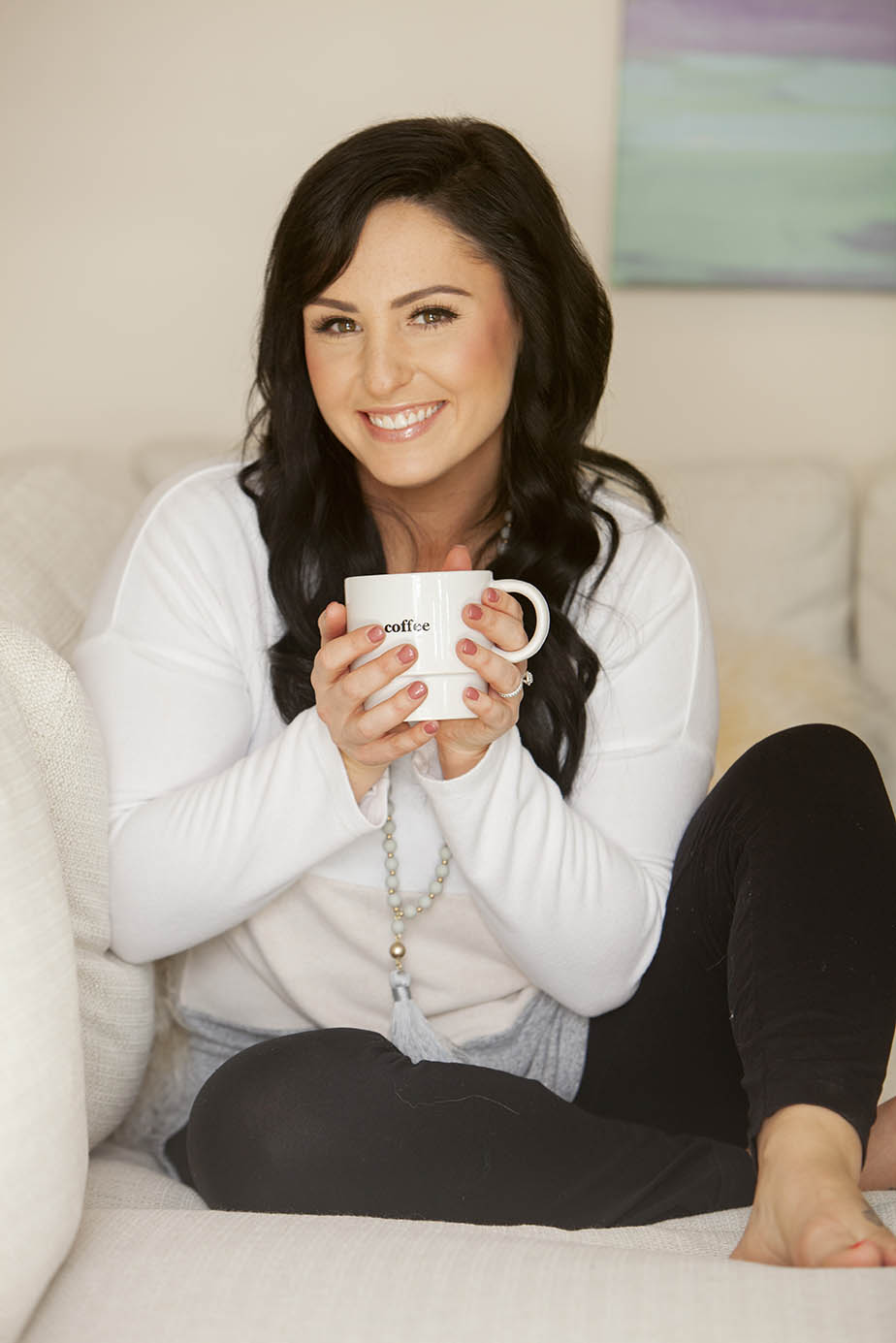
How has your business been affected by the COVID-19 pandemic?
I hate to say it, but it’s been a season of growth, in a big part from the impact of the pandemic. For years, businesses did things the same way they had always been done. Conservative entrepreneurs, who had once been innovative leaders, had become complacent. The pandemic shook the boat. It pushed people to embrace change that they had shied away from for decades. Suddenly, people that had watched my team and I help our clients take their business to new places, from the sidelines, needed and wanted us to help them navigate the changes they were forced to implement. In short, the pandemic shook the boat and made space for us to help people navigate the turbulent waters of marketing.
How have you adapted your business operations in response to COVID-19 and its associated impacts?
Fortunately, we were virtual prior to the pandemic, so we felt minimal hiccups in that regard. The unprecedented growth we experienced, however, took quite a bit of navigating. In fact, it’s still something we spend intentional time nurturing. We have weekly team meetings, quarterly (if not more frequent) team get-togethers, and even brought on a team member to help co-shepherd our team with me. She spends time in leadership development, and personal and spiritual growth, and acts as a safe-zone sounding board for our crew. Learning to love in a way that makes this team unique has been one of the most impactful adaptations our team has experienced!
What have been some of the most important lessons you have learned because of this pandemic?
If nothing else, the pandemic reminded me how little control we truly have, and how IN CONTROL our Heavenly Father is. I heard an analogy recently about a farmer that worked diligently on his land; tilling, planting, and watering his soon-to-be crops. Just like him, we are called to work with excellence in all things that we are given to steward, including our businesses, clients, and employees. We pour into them, invest into them, and nurture them with all that we have. But at the end of the day, whether the sun shines, rain falls and photosynthesis happens is not within the farmer’s hands. Similarly, after all of the hard work we put into our career tracks, God Himself has the final say on what sort of fruit they produce. The pandemic has increased both my faith and my resiliency!
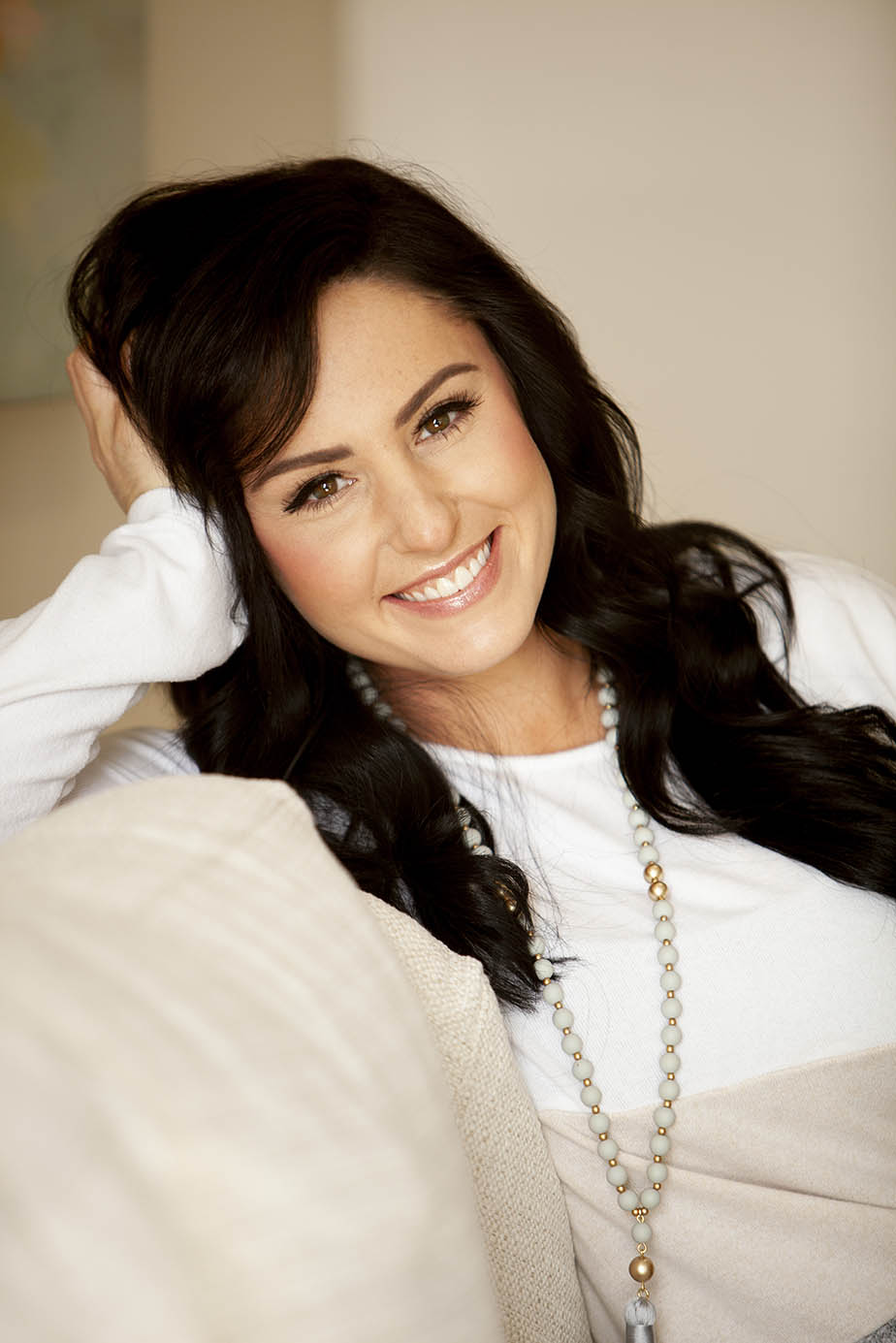
What do you hope to see happen in the near future for small businesses all over the world?
I hope people let their boats shake. I hope they embrace change as gracefully as they can, and above all else, I hope that they prioritize the PEOPLE in their corner. Their clients, their employees, and their families deserve to be loved fiercely, at all costs.
What advice would you give to a newbie Entrepreneur setting up a new business in this pandemic?
Surround yourself with a tribe of people that are willing to pour into you. You need people that will be brutally honest and cheer you on, all at the same time. Find the ones that have been in the trenches and are living a life that you aspire to have, then humble yourself and ASK. FOR. HELP. We were ALL where you are right now, once!

Angela Ficken, LICSW is a full-time psychotherapist in private practice. She specializes in OCD, eating disorders, and anxiety-related concerns. She started her career at McLean Hospital, which is one of the top-ranking psychiatric hospitals in the country and affiliated with Harvard University. She was the head social worker on an inpatient unit that focuses on anxiety and depression.
During her time at McLean, she trained in exposure therapy and became certified in CBT and DBT. Shortly thereafter, she worked at Harvard University as a primary therapist for undergraduate and graduate students. During her time there, she taught students CBT and DBT skills to help them manage a range of challenging emotions that young adults face daily.
Along with her work at McLean and Harvard, Angela had a small private practice for years before she decided to move full-time in 2013. From there, she focused her attention on working with young adults and entrepreneurs primarily after noticing that both groups struggled with anxiety disorders and stress-related issues due to life transitions and the uncertainty of what was coming next in their lives.
She spent years fine-tuning her practice and building her business into something more than a standard full-time private practice. She began writing for Huffington Post as an expert, which then catapulted her into writing for other major online sources which include Marriage.com where she is a verified expert, YourTango.com, ThriveGlobal.com, and has been quoted in Oprah Magazine, and Fastcompany.com, Inc.com, Forbes.com, MSN.com, Bustle.com, Popsugar.com, Buzzfeed.com, Nylon magazine, Allure.com, and Justluxe.com. She has also been a guest on Onward Nation with Stephen Woessner where she talked about OCD and intrusive thoughts, as well as on the radio in Chicago and Reno speaking about stress and anxiety.
Global Elite Media Group recently caught up with Angela to discuss her journey in the industry and here’s what went down:
What are you currently doing to maintain/grow your business?
There are several things my team and I are working on right now. I have two brands ProgressWellness.com which is focused on my private practice, and then the WorriedtoWellBalanced.com brand, a wellness platform designed specifically for professional women with busy lives.
We focus heavily on marketing both brands through Pinterest, publicity, and organic search engine optimization.
What form of marketing has worked well for your business throughout the years?
The best marketing strategy for my business has been Pinterest. My team has helped build ad campaigns for infographics that go directly to related articles I’ve written for the WorriedtoWellbalanced.com blog, and to Amazon where I have a CBT workbook and stress buster guide available for purchase. Pinterest has by far been the most cost-effective strategy we have used and will continue to use for the foreseeable future.
What social media platforms do you usually use to increase your brand’s awareness?
While we’ve tested out Instagram, Facebook, and TikTok, Pinterest has yielded the best results. The platform provides us with the biggest reach for sharing our message and letting people learn more about me and my brands.
What is the toughest decision you had to make in the last few months?
My team and I discussed goals for both Progress Wellness and Worried to Well Balanced, and the attention required for the business to grow financially. In order for each of the businesses to grow, I needed to be more present for it which meant I would need to spend fewer hours with clients.
Seeing less clients means I give up an immediate cash flow for the potential growth of both brands, and that was a tough and stressful decision, but one I needed to make.

How has your business been affected by the COVID-19 pandemic?
Both of my businesses have seen an increase over the past two years. My private practice, which is Progress Wellness, has had more people interested in therapy because it’s much easier to show up in a virtual setting. Sessions are virtual so after we end, they are back at work without a commute. It makes it much easier than taking a ninety-minute break in your day to factor in a commute to therapy.
Worried to Well Balanced has also done well. During the pandemic, I wrote the Covid Coping Kit which was available on Amazon. We are now working on an Everyday Coping Kit, and I am currently writing my first book which will be released late this year.
I have had more availability working from home to partake in more podcasts, be on live television and build the Worried to Well Balanced and Progress Wellness brands.
How have you adapted your business operations in response to COVID-19 and its associated impacts?
My private practice has been virtual since mid-March 2020 and will remain virtual most likely for the foreseeable future. I have also used this time to create more online stress and anxiety management products knowing that stress levels for many people were going up and would possibly have less access to support. I wanted to give people easy access to skills and strategies which is how Worried to Well Balanced came about.
What have been some of the most important lessons you have learned because of this pandemic?
The most important lesson I learned over the past two years is how precious time is. Time is our hottest commodity and being able to work from home has afforded me more time with my daughter and husband that I never would have had if it were not for this pandemic.
Before Covid, I did not have thoughts about how I wanted to spend my time, but now I do. How do I want to spend it and who gets my time? This has helped me think through my work schedule, time with loved ones, and quality solo time. It’s been the best lesson.
What do you hope to see happen in the near future for small businesses all over the world?
For the US, my hope is that small business owners, no matter where they are in the country, can get affordable health care, paid maternity and paternity leave, and other benefits bigger companies are able to give to their employees. For the world, I hope smaller businesses have more opportunities to increase their brand awareness giving people more choices.
What advice would you give to a newbie Entrepreneur setting up a new business in this pandemic?
As the world is starting to go back to “normal”, many people will want to continue online shopping as their main way of purchasing products. With that in mind, I would encourage you to have a website that is easy to use, on point with your message, and customers can easily find and purchase your products.
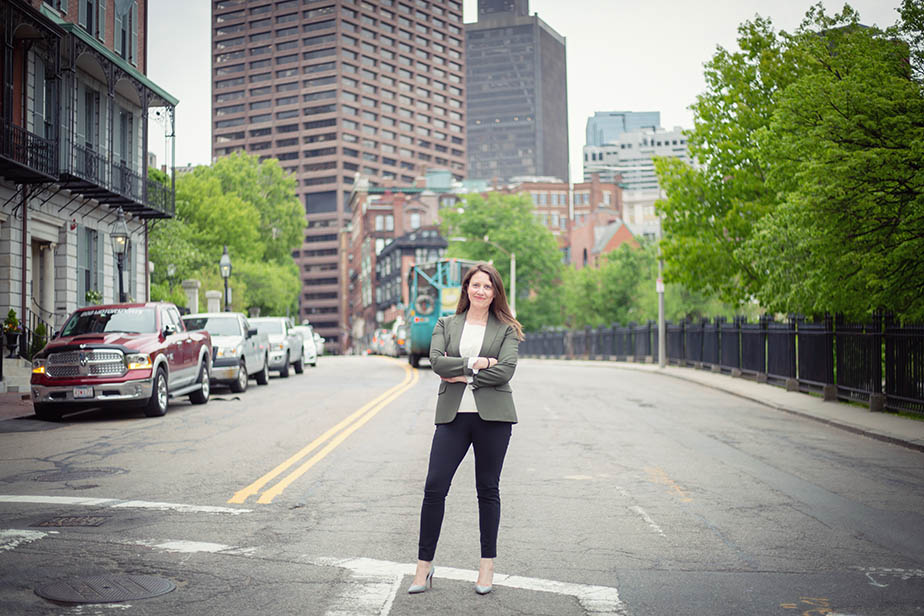
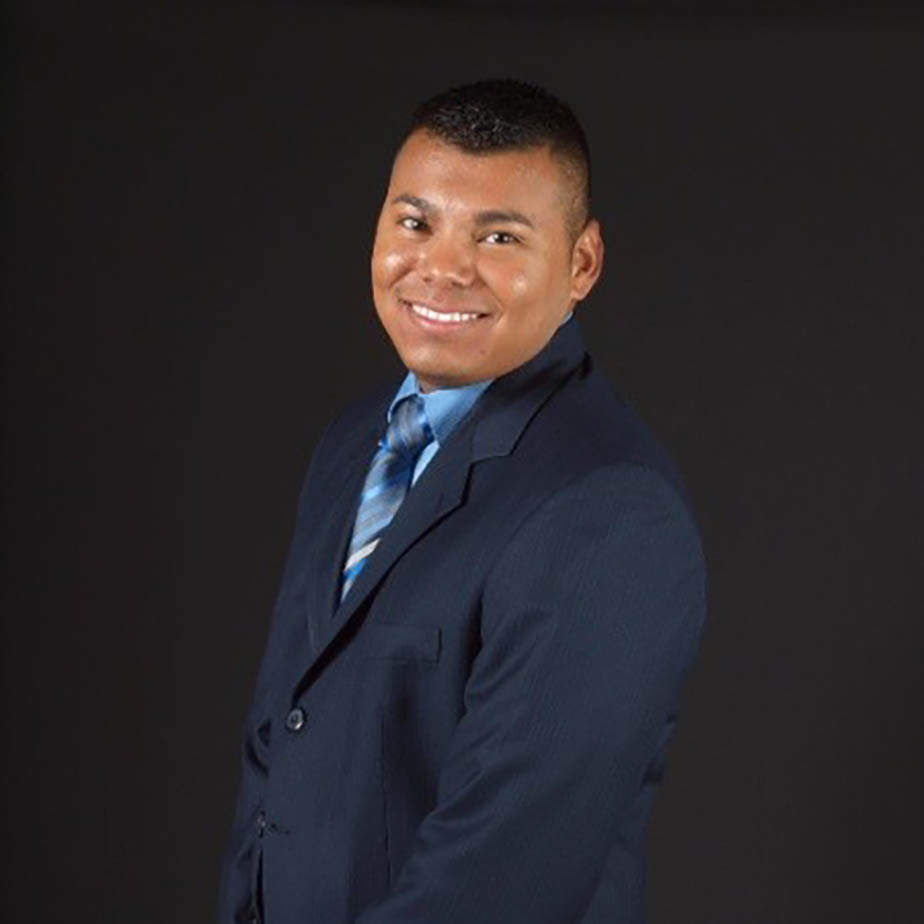
Glen Bhimani is the CEO and founder of BPS Security, which is one of the fastest-growing security firms in the US. He has decades of experience in security and was discovered by Grow Disrupt as a phenomenal business powerhouse during the beginning of the COVID-19 pandemic when he navigated the pandemic in such a way that created a 400% growth in his company. Glen’s company utilizes proprietary software and integrates technology in novel ways to protect clients and improve the security industry as a whole.
Global Elite Media group recently caught up with Glen to discuss hia journey in the industry and here’s what went down:
What are you currently doing to maintain/grow your business?
Currently, we are pursuing effective marketing strategies. We’ve got a solid sales system going and we’ve developed some of the leanest operations I’ve ever seen along with proprietary software that allows us to offer better services to our clients. In short, we’ve spent the last few years working on building our company into the best possible option for security and now we’re working on spreading the word through our marketing.
What form of marketing has worked well for your business throughout the years?
Ironically, we didn’t have much marketing when we started. I knew nothing about marketing when we started and didn’t think it was important, so we didn’t have marketing for the first few years. Now we’ve discovered that having our website highly SEO’d have made a huge difference. We went from having maybe one call a week to sometimes five calls a day once we optimized the website, and we’ve begun to see a lot more traction in our credibility since starting our public relations campaign.
What social media platforms do you usually use to increase your brand’s awareness?
We use a variety of platforms, but right now we primarily use LinkedIn, Facebook, Youtube, and Twitter. Twitter is where we heavily interact with the public, and our other social media platforms are utilized as information, education, and entertainment disseminators where we can keep in contact with our clients and fans.

What is the toughest decision you had to make in the last few months?
The toughest decision has been turning away poor clients. We have had several potential clients approach us for security services in the last few months who would have been huge revenue generators for the company. But at the same time, they would have been a horrible fit for our company: the way that they run their businesses is completely contrary to the integrity we believe in and act out, and would have required us to compromise our standards. It was a painful decision to watch that potential revenue disappear, but I knew it was the best choice to make; because once you compromise once, it becomes easier and easier until you no longer have a standard you hold to.
How has your business been affected by the COVID-19 pandemic?
Because we were extremely prepared for it, the pandemic has actually helped us grow. At the beginning of the pandemic, I was watching the way the virus affected the security industry in other countries and saw how it caused the demand for security to shoot through the roof as valuable buildings were left unattended. I knew it was more than likely that the virus would make its way to the United States, so I prepared us for it by interviewing massive quantities of guards and making huge bulk orders for equipment so that we would be prepared when it hit the United States. Because of that, we had a growth of over 400% in the second quarter of 2020 when we were the only security firm prepared for the massive spike in security demand.
Aside from that, we’ve had to institute some company policies surrounding the handling of the virus’s impact on the world, but otherwise, we haven’t seen any negative effects of the pandemic.
How have you adapted your business operations in response to COVID-19 and its associated impacts?
Our operations have changed very little. We have always worked very heavily via internet and phone communication, and security guards are regularly required to wear facial coverings so switching over completely was a non-issue.
We do believe very strongly in the rights of the individual, so our stance on COVID-19 policies has always been to let our clients govern what the guards have to do on-site. If a client doesn’t care, we leave it up to the guard’s discretion. If the client has rules, our guards are required to follow them. Additionally, we were never interested in forcing anyone’s hands so we never made the vaccines a mandatory requirement. However, we offered bonuses for fully vaccinated guards and have seen a lot of success with that method of risk management/mitigation for COVID-19.
What have been some of the most important lessons you have learned because of this pandemic?
The biggest one is that you can never just sit back and hope people don’t notice your policies. Eventually, you are going to have to make a decision about current events and where you stand, so it is best to immediately consult your core values and make a decision before you’re put in a high-stress situation. I had way too many friends who tried to just ride out the wave of chaos over COVID restrictions and they suffered a lot of backlash for it. Knowing what you stand for and making policies before you ever get into a situation is the best way to have a solid response to chaos.
This one is not so much one that I learned because of the pandemic, but one that was strongly reinforced to me because of it: prepare for the worst, expect the best. If you pay attention to the goings-on in the world and always prepare yourself in case it happens to you, you’ll rarely be taken by surprise and you’ll likely be able to discover opportunities for growth like I was.
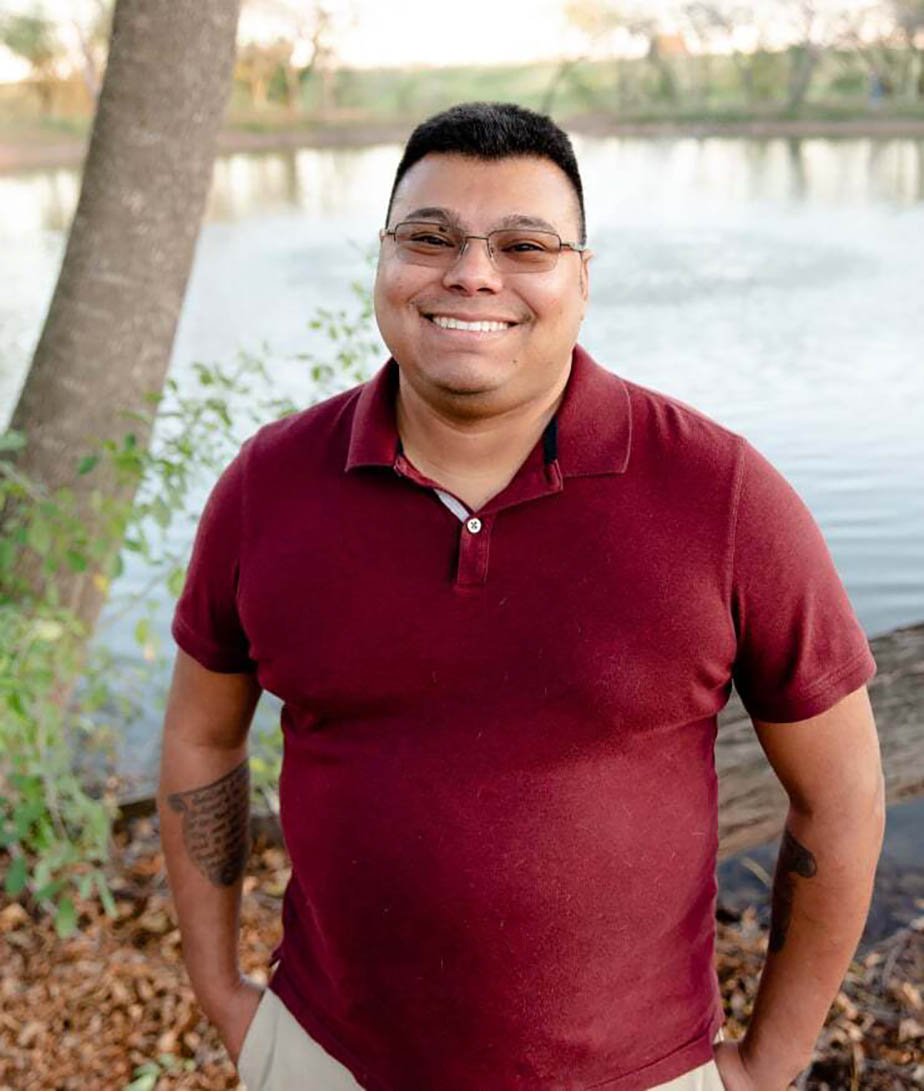
What do you hope to see happen in the near future for small businesses all over the world?
I would love to see self-awareness rise in small businesses all over the world. Too many small businesses have an idea in their head of what their business should look like, but it doesn’t match reality and they make poor decisions based on it. Then they end up in a worse place than before. I think if small businesses were all to become far more self-aware, we would see greater growth in small business success. This would be my ideal for the world of small business owners: that all of us find the quickest and most sustainable path to growth through self-awareness.
What advice would you give to a newbie Entrepreneur setting up a new business in this pandemic?
Don’t let the pandemic intimidate you. There are so many opportunities for growth if you will just look for them. Your natural instinct is going to be to shy away from the tough decision that growing a business in a pandemic brings, which is normal: we tend to flee what we fear, and tough decisions are scary. But push through the fear and be courageous, you will find there are so many opportunities in places you never imagined if you just act in spite of your fear.

Lindsey Cartnett started Marketing Maven after working at a public relations firm in Los Angeles, being the Marketing Director for a Scandinavian publicly-listed biosciences company, and starting a PR division for a multi-million-dollar advertising agency in Los Angeles. After many hours on the road commuting, at 26 years old, she was fearless and started Marketing Maven at the beginning of the Recession. She wanted to bring accountability to the public relations industry the same way that direct response advertisers brought attribution to their media dollars spend. She announced that she was doing PR for DR, meaning Public Relations for Direct Response, and launched into the direct-to-consumer marketing world, which had been her work experience from the early part of her career.
Global Elite Media Group recently caught up with Lindsey to discuss her journey as an entrepreneur and here’s what went down:
What are you currently doing to maintain/grow your business?
Today, Marketing Maven looks very different than it did in 2009. When Marketing Maven was born, the service offerings included Public Relations only. We have since added social media marketing, digital advertising, influencer marketing, email marketing, event support, market research, and creative services including copywriting, graphic design, and website development. Marketing Maven is now bicoastal with its headquarters in the Greater Los Angeles area and offices in New York City.
Marketing Maven continues to grow because we practice what we preach. We contribute articles to noteworthy media outlets, we speak at conferences, we have award-winning campaigns, we announce significant agency news, and we establish strategic partnerships that allow us to advance.
We also put our money where our mouth is in terms of having the core value of a growth mindset. This means being lifelong learners- something of paramount importance in an industry that is constantly evolving. Marketing Maven allows for education time for each employee and even sponsors it, so we are investing in employee education to improve our skill sets, learn more about the industries our clients work in, and cross-train our fellow staff. Our emerging leaders are strategically placed in leadership development programs and acquire new skills that they bring back to Marketing Maven.
What social media platforms do you usually use to increase your brand’s awareness?
Marketing Maven uses LinkedIn, Twitter, YouTube, Facebook, and Instagram to increase brand awareness. Each platform is important for current and prospective clients, new hire recruiting, and employee engagement.
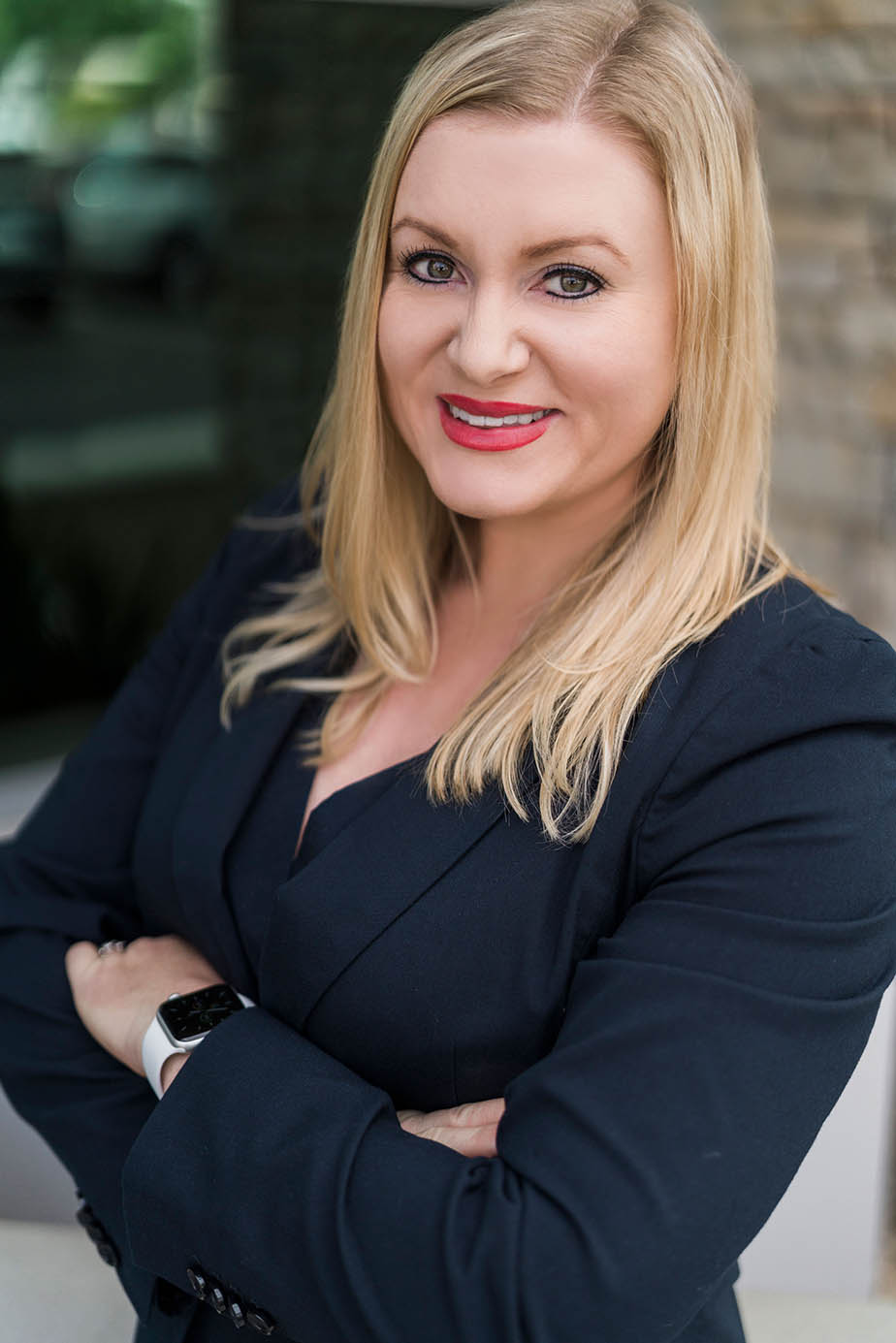
What is your experience with paid advertising, like PPC or sponsored content campaigns? Does it work?
Paid advertising only works if you have a solid strategy and Key Performance Indicators (KPIs) that you’ve established to gauge success. It’s important to start with a competitive analysis, understand your target audience and know what’s going to drive them to convert into qualified prospects. It’s more than getting a lead to your website. You must have a plan to keep them, as a nurture campaign with a series of relevant emails that have a substance of value in order to ultimately have them convert into a valuable client.
What is your main tactic when it comes to making more people aware of your brand and engaging your customers? How did your business stand out?
Pre-pandemic, we’d walk tradeshows with clients and they would do all of the selling for us. The best advocates are your existing clients who can show others the great work you’ve done for them. Today, we are working with our clients on case studies that they are proud of that we can share with prospects to showcase the work we do. We are also submitting case studies for awards so we can highlight award-winning campaigns in our marketing efforts. It’s great for us and for our clients!
What form of marketing has worked well for your business throughout the years?
The best form of marketing that has worked well for Marketing Maven throughout the years is word of mouth. The majority of our business comes via referrals so LinkedIn connections, one-on-one consultations, and a very customized approach are something that has proven successful year after year. Many times, we’ll do unique direct mailers prior to trade shows to request appointments and express our interest in working with specific brands.
What is the toughest decision you had to make in the last few months?
The toughest decision I had to make in the last few months was about office space. It’s hard to predict the post-pandemic office environment but I think the hybrid office is here to stay, at least during the next 5 years.
What money mistakes have you made along the way that others can learn from (or something you’d do differently)?
When I started Marketing Maven at age 26, I thought it was bad to get a business loan, so I put all my expenses on my personal credit cards. It wasn’t until I got more education about business financing that I realized that was a big mistake. I received an excellent education about business finances through the Goldman Sachs 10,000 Small Businesses Program.
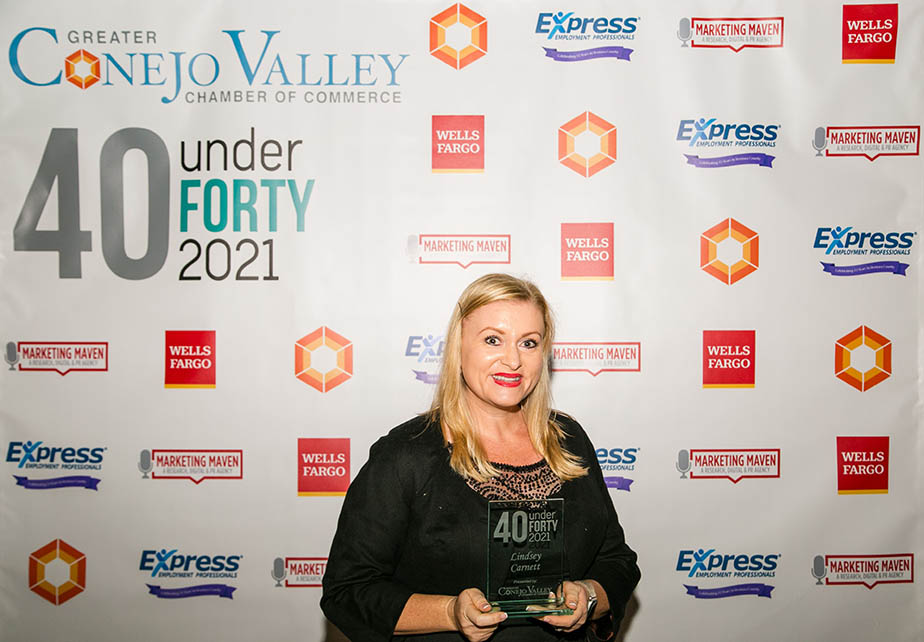
What new business would you love to start?
I have many ideas for new businesses in many industries. Some are service-based and others are product-focused.
If you could go back in a time machine to the time when you were just getting started, what would you do differently?
I would have invested more money in seasoned industry veterans with proven success in my industry who weren’t already from my existing network. I think that would have accelerated our growth in an even more meaningful way. The flip side is I have many great memories with people who I know, love, and trust. And to know I helped them get started and trained in their careers is very rewarding.
What is the best advice you have ever been given?
The best advice I received was from my first PR boss. He told me that to be successful in this industry, I needed to have tough skin. I couldn’t let the little stuff get to me or it could eat me alive. I was to think of oil and water and just let anything negative roll off me. I still remember the pep talk to this day!
What advice would you give to a newbie Entrepreneur setting up their first business?
My biggest advice to a newbie entrepreneur setting up their first business is to ask for help. I didn’t realize the number of free resources for entrepreneurs until I was years into my business. There’s SCORE, SBDC, WEV and the list goes on! Many entrepreneurs are too proud to ask for help but I will assure you that there are many blind spots along the journey and being humble will get you a lot farther than being proud. Sometimes you don’t know what you don’t know. And to sit with that thought and be okay with it is the first step to seeking help from someone more seasoned who has your best interest in mind.
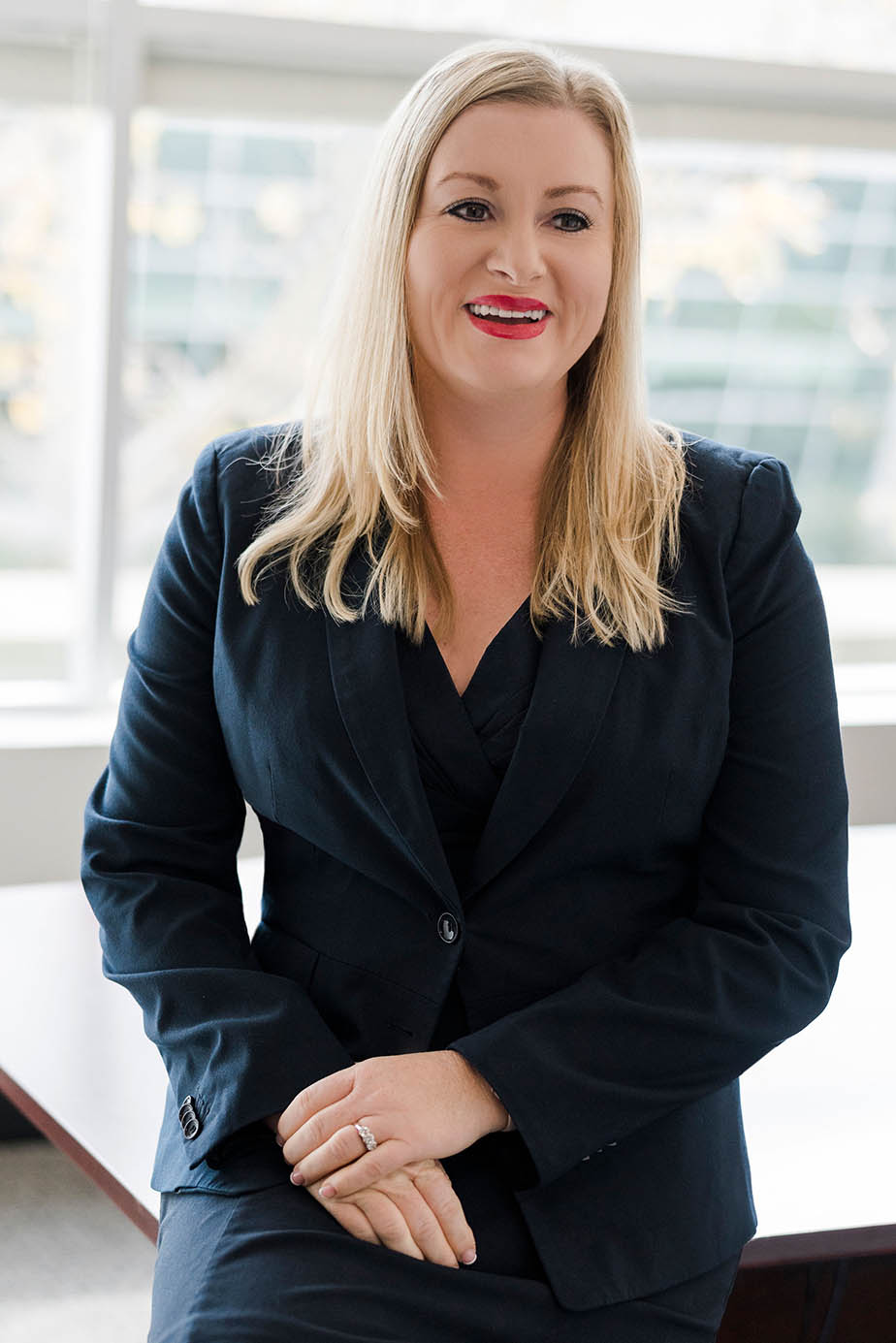

With the quieter summer holiday upon us now might be a good time to make some super simple changes that could make a lifetime of difference in retirement.
Many Australians are concerned that they won’t have enough money in their super accounts to fund their retirement.
But there are five easy steps workers can take now to boost their savings:
First, check with your fund to make sure you are getting paid all your legal super entitlements. Unpaid superannuation impacts 3 million workers a year – costing them a total of $5 billion and while most bosses do the right thing there are still some employers out there who deliberately rip workers off. And with the super guarantee rate rising to 12% it is more important to check that the full amount is being paid.
Second, consolidate your super funds into one account, finding lost or unpaid super is simple now using the Australian Tax Office tools.
Third, compare your existing super fund with others in the market to make sure it is meeting your needs. New government ‘stapling’ laws mean that workers are likely to stick with funds for longer. Alarmingly only 7% of people switched after they were told their fund failed a government performance test. Being stapled to one of those dud funds can cost a worker $230,000 at retirement.
Fourth, make sure the type of fund and level of insurance is right for you. Make sure the investment strategy matches your needs and appetite for risk – which your fund can help you with. Also be sure to check the insurance coverage is the right fit for you and your family.
Fifth, if you find some loose change or get some type of windfall consider putting it in your super fund. It is a tax-effective way to make savings and with the power of compounding interest a little invested in super now, makes a big difference in retirement. A 30-year-old on average wages that salary sacrifices $20 a week into super has $67,000 more at retirement and gets a tax saving now.
Further tips on boosting your retirement nest egg can be found on Industry Super Australia’s website
Comments attributable to Industry Super Australia chief executive Bernie Dean:
“There are five easy tips to getting your super right and most can be done from the comfort of your deck chair, beach towel or at home.”
“Check you are being properly paid super, consolidate accounts, compare funds, select the right investment mix and make small extra contributions if you can.”
“With the Super Guarantee set to rise to 12 percent it is even more important to make sure you are getting paid your full legal entitlement and that the fund is working for you.”
This article was sourced from a media release sent by Medianet

Oliver Zak and Selom Agbitor are two 23-year-old CEOs and co-founders of the brand, Mad Rabbit – they provide superior natural and unprocessed products to help improve the healing process for ultimate Tattoo aftercare.
Founding the company in 2019, the Columbus, Ohio natives, who were introduced in their college dorm, decided to put their business-savvy minds together to build a brand and dominate the tattoo aftercare market.
According to the duo, “we’re inspired by the tattoo artists that wake up every day to create beautiful art on their client’s bodies – the ones that create art to reflect personality and milestones. They put in the effort to create your art, so we are putting in the effort to make sure your tattoo maintains its natural vibrancy. Our mission is to provide the best performing line of tattoo aftercare products that meet all of your tattoo needs. We hope to deliver on our promise to you and keep you excited about all that our aftercare has to offer.”
Global Elite Media Group recently caught up with Oliver and Selom to discuss their journey as entrepreneurs and here’s what went down:
What were your top three motivations for starting your business?
– Identified an underserved market with misinformed consumers.
– Looking to grow our business acumen.
– Opportunity to innovate.
What would you say are the key elements for starting and running a successful business?
– Willingness and drive to always be learning and out-innovating.
– Self-discipline.
– Ability to adapt to market trends and customer feedback.
When did your entrepreneurial flair first reveal itself?
Selom: Barely seeing my parents due to them always being busy with their nursing jobs. There would be nights where they’d be gone on the same night, and it would just be my brothers and me at home. Seeing that made me want to make sure I could create a life where my schedule was not dictated by someone else’s needs.
Oliver: I grew up watching my father transition himself from a surgeon to an entrepreneur after an unfortunate life-altering event. I was inspired early on by his drive to succeed no matter the odds and found myself pitching in entrepreneurship competitions in high school.
As an entrepreneur, what is it that motivates and drives you?
– The ability to create and sell products that are truly revolutionizing the tattoo care industry and educating the market about how to best take care of their tattoos.
– Creating jobs and growing our Mad Rabbit family is one of the most exciting parts of our jobs as co-founders. The fact that we’ve been able to increase hires during the pandemic is a really exciting accomplishment for us.
– Facing new challenges – being an entrepreneur is not as easy and glamorous as it looks. A lot of things can cause disinterest. The new challenges bring the ability to learn and grow.

In one word, describe your life as an entrepreneur and explain why.
Evolving — Selom and I wear a lot of different hats throughout the week. Fundraisers, c-suite operators, ad copywriters, product line developers, etc. We are always adapting and evolving taking lessons learned forward with every misstep we take.
What are the three biggest challenges you have faced growing the business and how did you overcome them?
– Inventory: Being in stock at the beginning was very challenging. We now try to predict how much inventory we will need and order ahead of time.
– Keeping up with market trends: Conditions are always changing, and this can be good or bad for a business. For example, when COVID-19 hit, a lot of companies decided to stop or decrease spend, we decided to more than double our ad spend, which was a big risk, but ended up paying off because it catapulted us into being the top brand in the tattoo aftercare space.
– Time management: Time is money, and we have to be smart as to how much time we are dedicating towards certain things. To help overcome, we have begun to use a calendar more frequently, to help break down the tasks and goals we want to achieve.
What form of marketing has worked well for your business throughout the years?
– Using a range of influencers from micro to mega, on platforms like Instagram and Youtube.
– Social Media Marketing: Using Pinterest to drive traffic, and using Facebook and Instagram to drive sales.
– Word of Mouth: Our customers spreading the word of our product on their own accord.
– Email Marketing: Brings back past customers and engaging new customers.
As you grew the business, what have been some of the most important leadership lessons you have learned?
Not only is it important to hire quality employees, but it’s possibly more important to make sure those employees are in the right roles. With a startup.. roles are fluid, walls are non-existent, and cross-functionality is expected. The downside is that nobody is good at everything and it is our job to place our people in the best positions to succeed.

What is the best advice you have ever been given?
The best advice we have ever given is to go out and start learning about e-commerce. We’ve noticed a huge drop-off in the excitement in our friends as they go from “I have an idea,” to understanding the learning curve ahead of them. You can expect over 100+ hours of e-commerce learning before you launch your first product — but it will be the best 100 hours you’ve ever spent.
What advice would you give to a newbie Entrepreneur setting up their first business?
Don’t try to do it alone. Get yourself a partner(s) that has a different set of skills than you do. If you’re the marketing guy, find a finance guy who can help you understand your business and your budget. Starting a business solo drastically increases your chances of failure in the early days of startups.